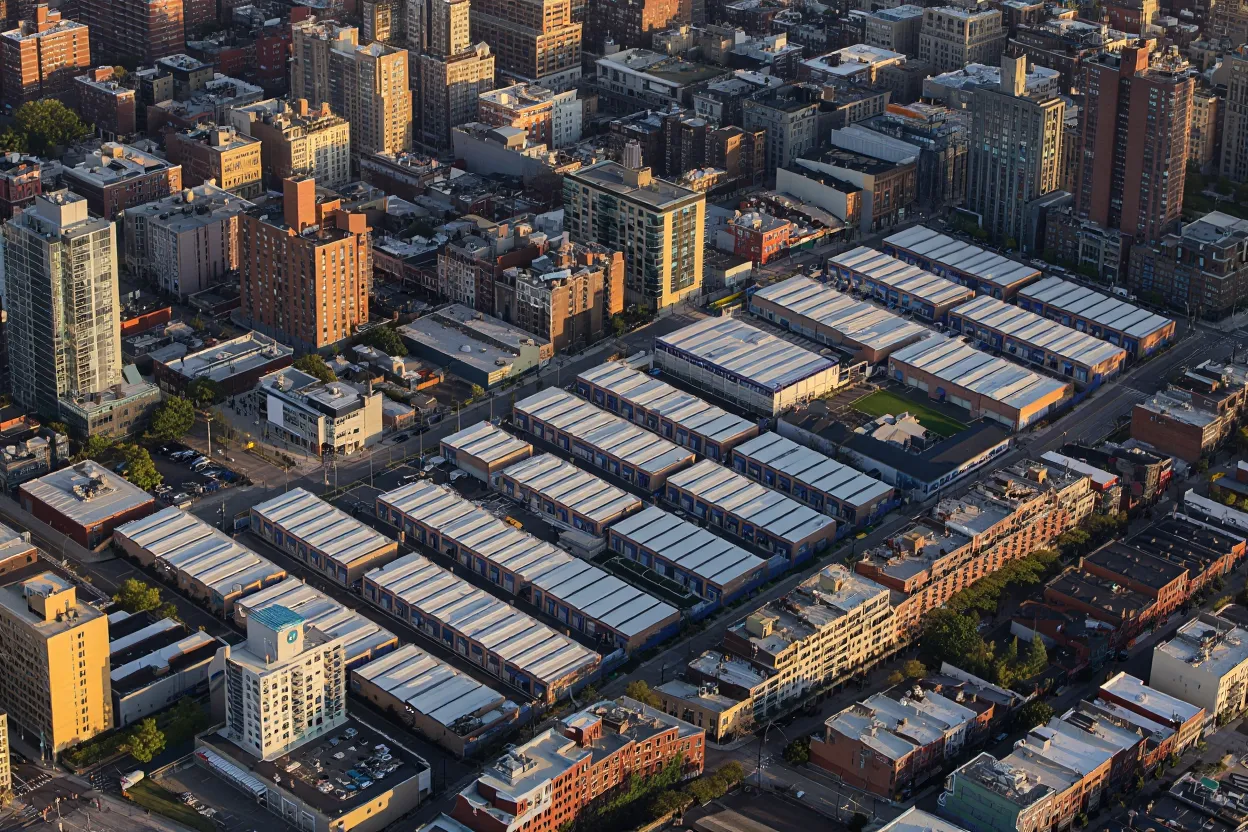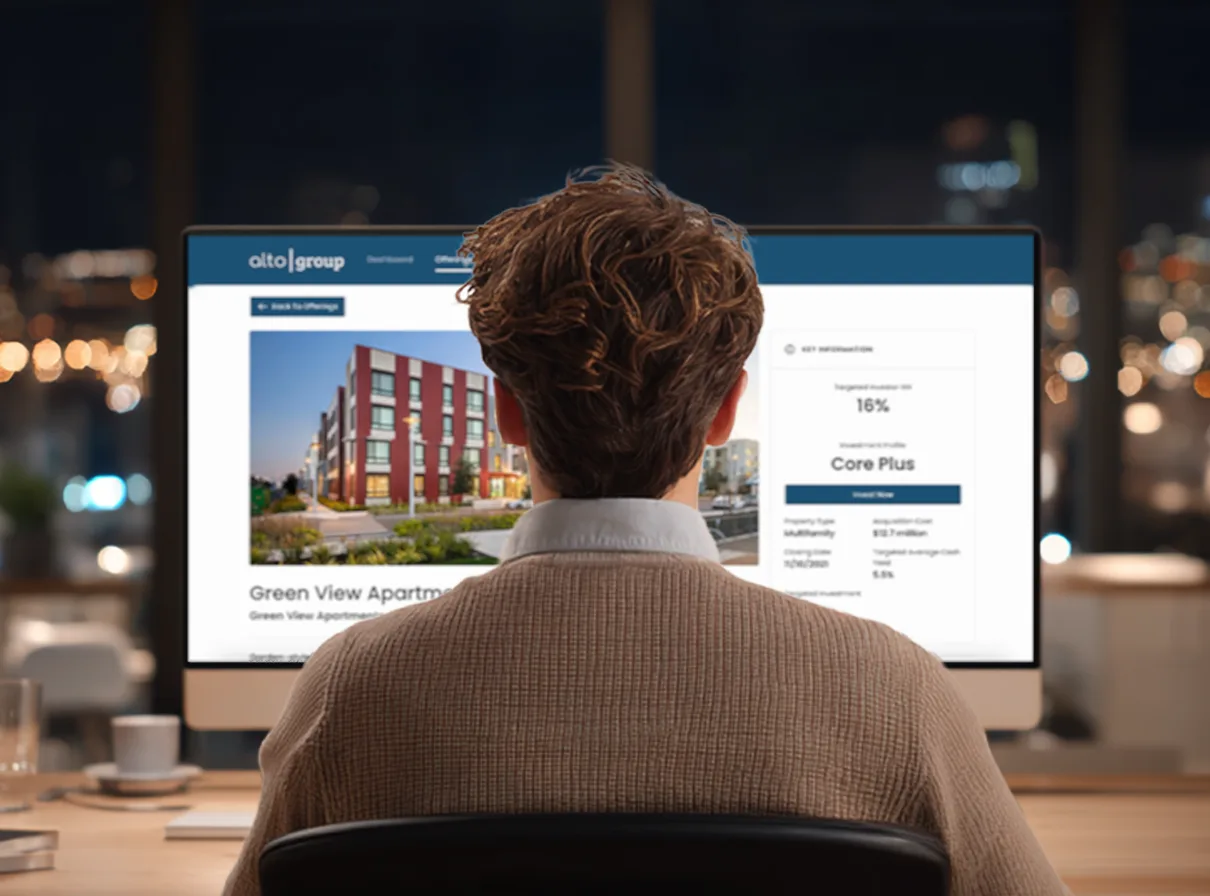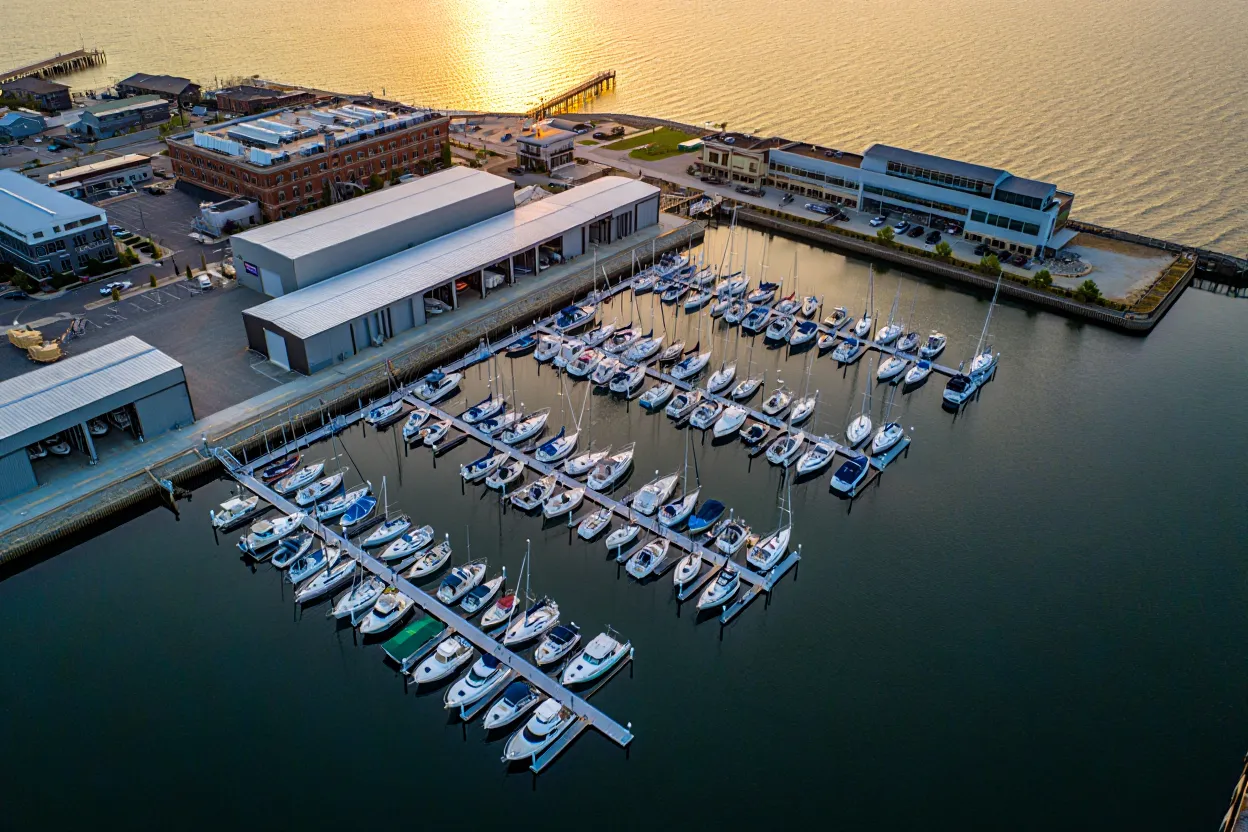- Private capital is driving retail investment as institutional activity slows, focusing on income-producing and necessity-based assets.
- Longer hold periods are the norm, with private investors prioritizing stable cash flow over short-term gains.
- Top targets include single-tenant net lease and multi-tenant strip centers, especially those with essential service tenants.
- Sun Belt and Southeast markets like Texas, Florida, and Atlanta are seeing strong private capital interest due to growth and favorable economics.
Private Capital Steps Up
With institutional investors pulling back from retail real estate, private capital is increasingly filling the gap, reports Commercial Search. Ryan Butler, Regional Managing Director of Investment Sales at Northmarq, says that private buyers—especially high-net-worth individuals—are drawn to retail assets for their reliable income, defensive characteristics, and relatively low volatility compared to stocks or bonds.
While 1031 exchanges and market uncertainty continue to play a role, the broader appeal lies in necessity-based retail’s post-pandemic performance. As inflation eases and interest rates stabilize, Butler notes, many investors see a strategic window to acquire quality retail assets before valuations climb again.
From Flipping To Holding
According to Butler, private investors are extending their investment horizons. Unlike previous cycles where quick appreciation fueled short-term holds, today’s pricing environment is prompting a shift toward longer-term ownership strategies focused on income and value preservation.
This approach reflects today’s slower transaction volume, elevated interest rates, and fewer opportunities for short-term upside. As a result, investors are leaning into stable cash flows over speculative sales.
Get Smarter about what matters in CRE
Stay ahead of trends in commercial real estate with CRE Daily – the free newsletter delivering everything you need to start your day in just 5-minutes
Top Picks: What Private Investors Want
Private capital is targeting two key asset types:
- Single-Tenant Net Lease (STNL) Properties – Especially those with essential service tenants like convenience stores and fast-food restaurants, prized for passive management and steady returns.
- Multi-Tenant Strip Centers – Particularly those with daily-needs retailers in high-traffic suburban markets, offering diversified income and lower volatility.
These assets are favored for their performance history, low vacancy risk, and inflation-hedging potential—key attributes in today’s uncertain economic landscape.
Sun Belt Surge
Geographically, Butler sees the strongest private capital activity in Texas, Florida, and other Sun Belt and Southeast markets, including Atlanta, Charlotte, Nashville, and Phoenix. These areas offer compelling tax advantages, continued population growth, and rising consumer demand.
Compared to gateway markets, these regions often provide more attractive cap rates while still supporting long-term value through favorable demographic and economic trends.
Financing On Their Terms
In today’s tighter lending environment, private buyers are adapting. Many are avoiding traditional CMBS loans in favor of local banks, credit unions, and life companies that offer relationship-driven underwriting and more flexible terms.
Some investors are also leaning into lower leverage or partial cash deals, helping reduce exposure and remain competitive. The goal, Butler says, is flexibility, certainty of close, and long-term alignment over aggressive, short-term financing tactics.
Navigating The Hurdles
Challenges remain. Elevated interest rates make it harder to achieve positive leverage, especially for stabilized assets with compressed cap rates. At the same time, competition for high-quality properties is intense.
Northmarq, Butler explains, is helping private buyers meet these challenges by crafting tailored debt solutions and leveraging its national capital markets platform. Whether through creative financing or local lender relationships, the firm is focused on keeping private capital competitive in a market where precision and execution are critical.
Why It Matters
As institutional investors retreat, private capital is redefining the retail investment landscape. With an eye on stability, long-term income, and strategic market entry, private buyers are proving that retail’s resilience is more than a pandemic-era trend—it’s a long-term investment strategy.
What’s Next
Expect private capital’s role in retail to grow. As financing structures evolve and asset fundamentals remain strong, retail real estate continues to offer a compelling path for private investors seeking durable income and long-term value in 2025 and beyond.


















